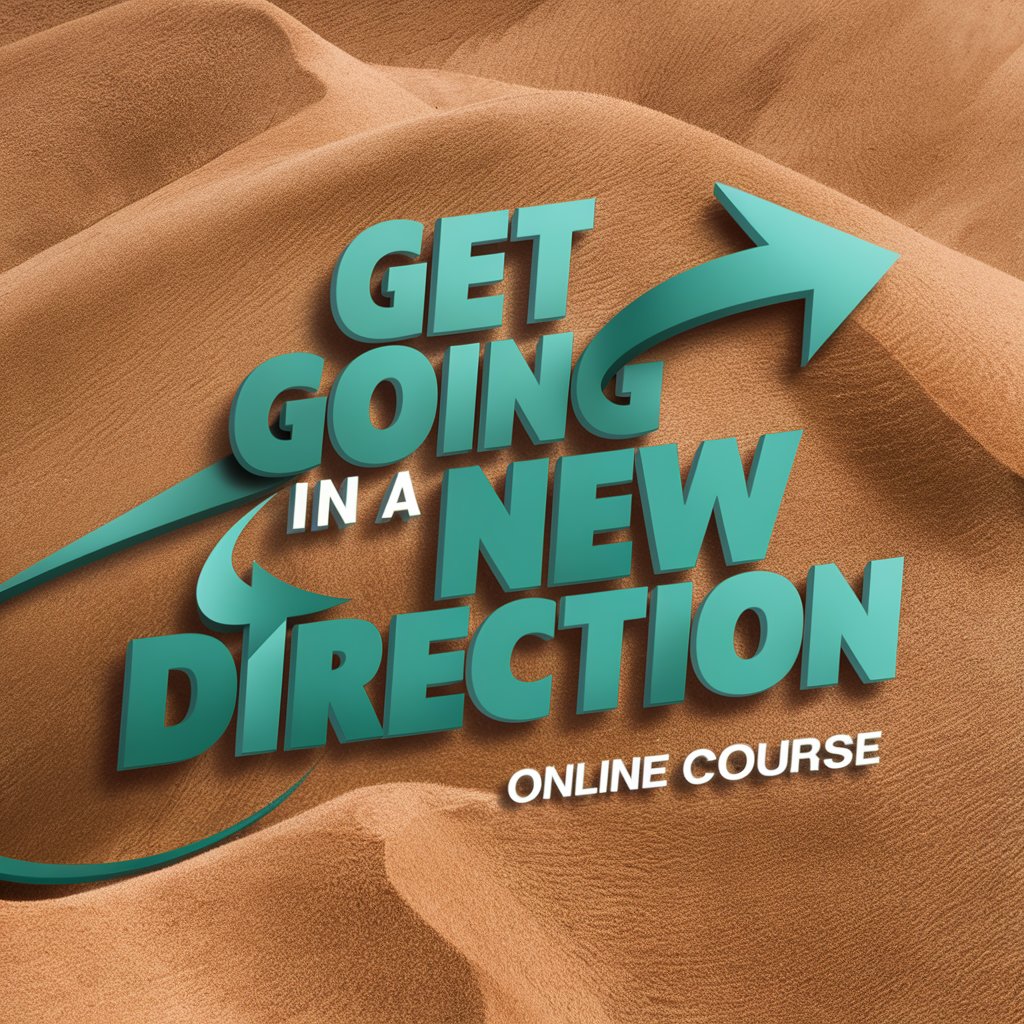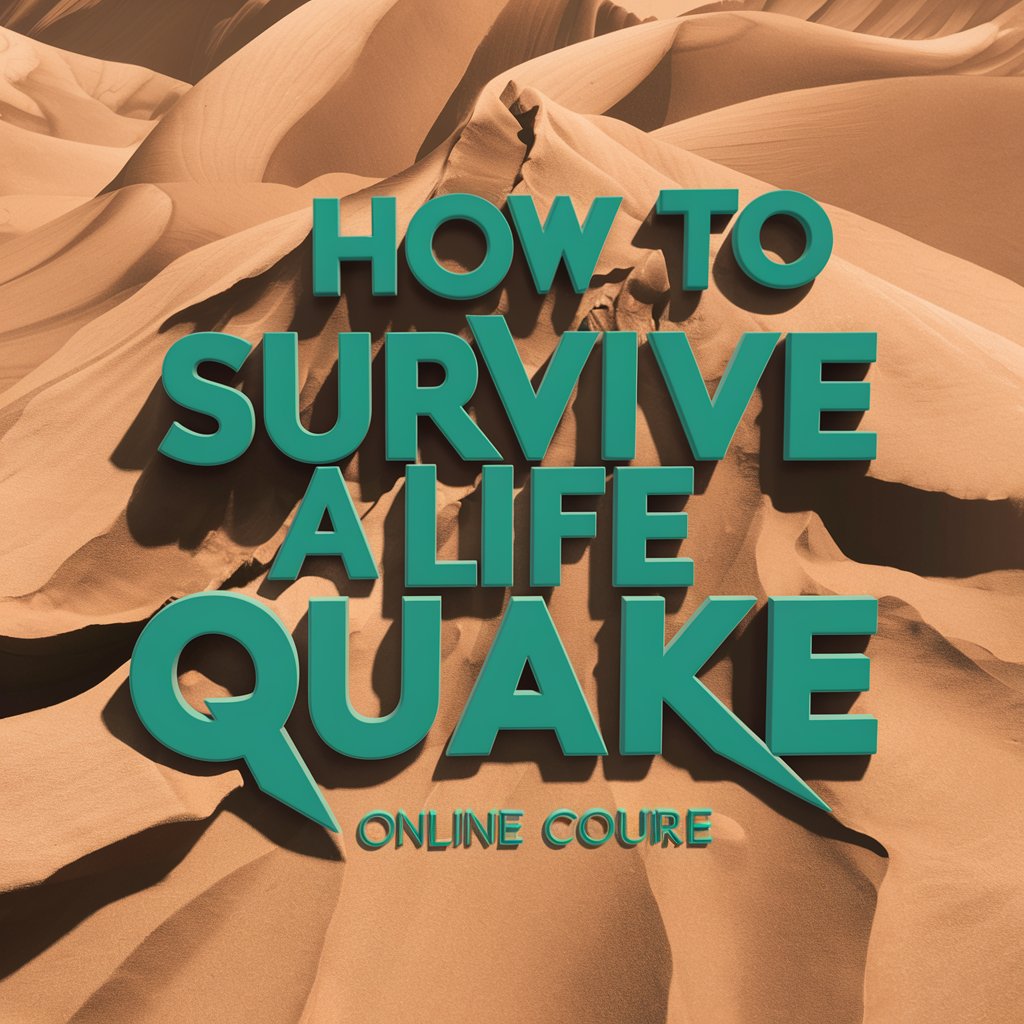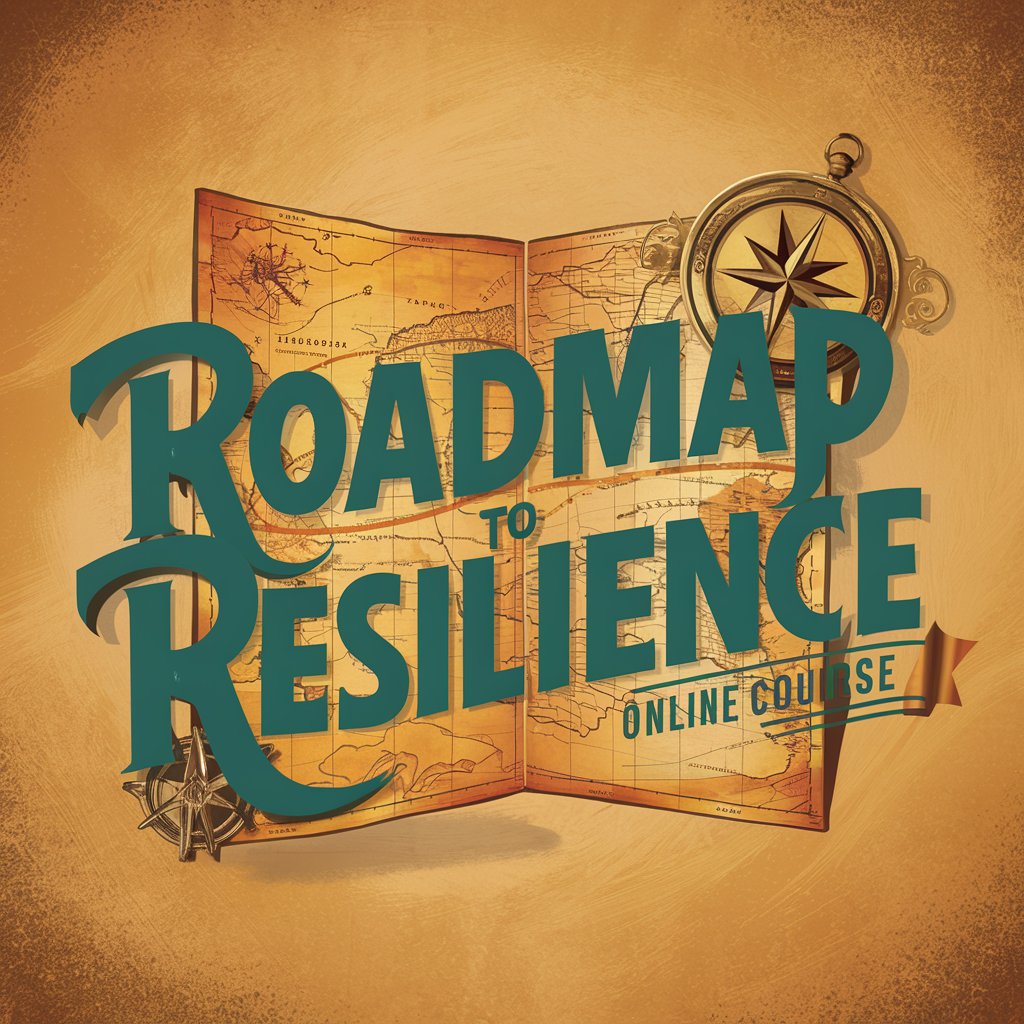| 🎄Announcing the imminent start of this year’s Christmas Calendar Countdown!🎄 Dear friends and family, As you know, I do not send out Christmas/New Year’s cards – saving the trees and what have you – instead, I create an advent calendar each year. Last year, the theme was gratitude, this year it’s making friends and maintaining friendships: 24 lovingly crafted interactive posts offering guidance on forging and nurturing connections, as even one solid friendship can make all the difference during a life transition- and it starts tomorrow, on December the 1st! Join me each day on Instagram, BlueSky, Threads, Facebook and LinkedIn as we start the countdown to Christmas, with posts filled with insights and inspiration to help you strengthen existing bonds and create new ones. Sending you all a basket of emotional support Christmas cookies, Margaretha |
Introduction
Having just finished this year’s Christmas Calendar Countdown, I thought I would introduce it by writing a post about the theme of this year’s calendar: Making Friends and Maintaining Friendships. Earlier this week, for the first time ever, I came across the Friendship Manifesto concept, and it fits so perfectly with the Calendar’s theme, that I decided to make it the subject of this post.
Do you feel isolated and disconnected in today’s digital world?
In recent years, the world has been grappling with an increasingly critical social health crisis: the loneliness epidemic. The COVID-19 pandemic dramatically accelerated this trend, with social isolation and digital communication replacing meaningful human connections. This loneliness epidemic underscores the critical importance of intentional, meaningful friendship—making the creation of a personal friendship manifesto not just a philosophical exercise, but a potential lifeline in an increasingly disconnected world. (Bu F, Steptoe A, Fancourt D. Who is lonely in lockdown? Cross-cohort analyses of predictors of loneliness before and during the COVID-19 pandemic. Public Health. 2020;186:31–4.)
Definition of a Friendship Manifesto
A friendship manifesto is a written declaration of values, principles, and intentions that guide how you approach friendships. It’s essentially a personal or collective commitment to creating healthy, meaningful, and supportive relationships with friends.
The manifesto can serve as a blueprint for how you wish to show up as a friend and how you expect to be treated in return. It can also act as a reminder of the importance of friendship and the role it plays in your life.
“Friendship is always a sweet responsibility, never an opportunity.” Khalil Gibran
How to Create Your Own Friendship Manifesto
Understanding Your Friendship Style
Creating a friendship manifesto begins with figuring out who you are and what you want from your friendships. Start by exploring your past and present relationships. Take time to sit quietly, perhaps with a journal in hand, and think about your friendships. Think specifically about the friendships that have been most meaningful, that have supported you through life transitions. What did you learn from these friendships?
Defining Your Friendship Philosophy
Next, look at your fundamental beliefs about friendship and decide what friendship means to you. What are the non-negotiable qualities you seek in a friend? What kind of friend do you aspire to be? This is not about creating a rigid list, but about understanding the core values that guide your approach to relationships. What are your expectations, your boundaries, and the lessons you’ve learned from challenging friendships?
Drafting Your Manifesto
At its core, your friendship manifesto is a personal promise to yourself and the people you care about. Don’t overthink it—just focus on what feels real and right. Write statements that reflect how you want to be treated and how you’ll show up for others. Keep them simple, honest, and actionable. The goal is to capture what matters to you. See below for a list of questions that will make this easier.
A Living, Breathing Document
Your friendship manifesto is more than just a set of principles—it’s a living document that represents your approach to friendships. Write it with care and intention, using first-person language that speaks directly from your heart. Whether you jot it down in a journal, type it up with some cool fonts, or turn it into an artsy collage, it’s all about making it yours. The key is to make it something that resonates with you and feels like a true reflection of who you are.
As a living document, it evolved with you. It isn’t a once-and-done thing—it’s more like a guide that changes as you do. Check in with it every so often—maybe once or twice a year—and see if it still reflects who you are and what you want in your friendships. Add to it, tweak it, or rewrite parts of it as you learn and grow.
Your Friendship Manifesto is a compass for navigating relationships and a testament to your commitment to genuine friendship. The whole point of creating it? To help you build deeper, more authentic connections.
8 Questions to Help You Craft Your Friendship Manifesto
- What does true friendship mean to you? Beyond surface-level interactions, what are the qualities you believe transform a casual relationship into a meaningful connection?
- What are your non-negotiable boundaries in friendship? Examine the lines between healthy connection and personal autonomy. What does respect look like in your ideal friendships? Think about the ways you want to be treated and the ways you commit to treating others.
- How do you approach honest communication? Explore your comfort level with emotional openness, your ability to listen without judgment, and your willingness to share your true self. What does meaningful communication look like in your closest relationships?
- What does unconditional support mean to you? Reflect on how you show up for friends during their most difficult moments. How do you balance offering support with respecting their autonomy? Consider the difference between fixing and truly supporting.
- How do you honour and celebrate the unique qualities of your friends? Think about the ways you can support your friends’ individual paths, dreams, and challenges without trying to change or control them. What does true acceptance look like in your friendships?
- What builds and breaks trust in your relationships? Explore the fundamental elements of reliability, confidentiality, and emotional safety. How do you create and maintain trust? What are your commitments to being a trustworthy friend?
- How do you approach conflict and repair in friendships? Reflect on your capacity for forgiveness, your ability to have difficult conversations, and your commitment to healing relationships. What does grace look like when misunderstandings or conflicts arise?
- What kind of friend do you truly aspire to be? This is the most profound question of your manifesto. Look deep within yourself and list the fundamental commitments you want to make to yourself and your friends. What are the core principles that will guide your approach to friendship?
Key Element Examples of a Friendship Manifesto
For inspiration, look at these examples:
- Radical Authenticity
I commit to being genuinely myself and creating a space where my friends can be their true, unfiltered selves. To me, authenticity means showing up honestly, without masks or pretence, and accepting each other’s vulnerabilities with compassion and understanding. - Mutual Respect and Boundaries
Every friendship is a sacred agreement of mutual respect. I will honour my friends’ personal boundaries, recognising that healthy relationships require both connection and individual autonomy. I will respect my friends by listening without judgment and understanding that “no” is a complete sentence. - Unconditional Support
My friendship is not transactional but transformational. I pledge to support my friends through their victories and challenges, celebrating their successes as if they were my own and standing beside them during difficult times without trying to fix everything, but simply being present. - Open and Honest Communication
Communication is the lifeline of my friendships. I promise to communicate with kindness, clarity, and courage—addressing conflicts directly, listening actively, and creating a safe space for difficult conversations without defensiveness or blame. - Growth and Evolution
I accept that friendships are living entities that grow and change. I embrace the understanding that people transform, and I commit to growing alongside my friends, allowing our relationships to evolve naturally without clinging to past versions of each other. - Emotional Accountability
I take responsibility for my emotions and reactions, understanding that my friends are not responsible for managing my feelings. I will practice self-awareness, seek understanding, and approach conflicts with emotional intelligence and empathy. - Celebration of Individuality
Each of my friends is a unique universe, and I celebrate their differences. I reject comparison and competition, instead cherishing the distinct qualities, paths, and dreams that make my friends extraordinary. - Reciprocal Investment
I am convinced that friendship is a mutual investment of time, energy, and care. I commit to being consistently present, showing up not just in convenient moments but during mundane and challenging times. Quality matters more to me than quantity. - Trust as a Foundation
I make trust is the cornerstone of my friendships. I promise to be reliable, maintain confidentiality, and build trust through consistent actions that align with my words. I will give trust and earn trust through integrity. - Forgiveness
Accepting that we are all imperfect humans, I commit to practising forgiveness. Mistakes will happen, and misunderstandings will occur, but to me, true friendship means having the capacity to repair, reconnect, and move forward with compassion.
Putting Your Friendship Manifesto into Practice During the Holiday Season
Intentional Connection
The Christmas season provides a unique opportunity to embody the principles of your friendship manifesto. This is a time to move beyond surface-level interactions and put into practice the commitments you’ve outlined in your personal friendship manifesto. Rather than getting caught up in the commercial aspects of the holidays, focus on creating meaningful connections that reflect your core friendship values.
Active Listening and Presence
Your manifesto likely emphasises the importance of being present and truly listening. During the holiday season, this means setting aside distractions when spending time with friends. Put away your phone during gatherings, create space for genuine conversations, and practice active listening. The holidays can be emotionally charged, so approach your friends with extra compassion. Make a conscious effort to be there for them, asking thoughtful questions and showing genuine interest in their experiences, challenges, and joys.
Supportive Gestures
Transform your manifesto’s principles into concrete actions. If you’ve committed to unconditional support, look for specific ways to show up for your friends during this potentially stressful time. you could offer to help with holiday preparations, check in on friends who might find the season difficult, provide emotional support to those experiencing loneliness or grief, and create inclusive gatherings for friends who might not have family nearby.
Boundary Setting and Self-Care
The holidays can be overwhelming, especially if you are an introvert, so honour the boundaries you’ve outlined in your friendship manifesto. This means being honest about your available time and energy, communicating clearly about your holiday plans and limitations, protecting your own well-being while still being supportive and giving yourself and your friends permission to say no to events or interactions that feel draining.
Authentic Gift-Giving
If gift-giving is part of your holiday tradition, approach it as an extension of your friendship principles. Instead of focusing on material value, choose gifts that demonstrate your understanding of your friend’s interests and needs, thoughtfulness more than expense and consideration of your friend’s values and preferences.
Conflict Resolution
The close quarters and emotional intensity of the holiday season can sometimes bring up tensions. Refer to your manifesto’s principles about communication and forgiveness. If conflicts arise:
- Practice active listening
- Communicate openly and honestly
- Stick to your boundaries
- Go for insight and understanding instead being right
- Be ready to forgive and be willing to repair relationships
“A friendship can weather most things and thrive in thin soil; but it needs a little mulch of letters and phone calls and small, silly presents every so often – just to save it from drying out completely.” Pam Brown
Final Thoughts
Putting your friendship manifesto into practice is not about doggedly following rules but about consistent, intentional effort. The holiday season offers a beautiful opportunity to transform your friendship manifesto from words into lived experiences.
It’s not what we have in life, but who we have in our life that matters.
References
Louise C Hawkley, John T Cacioppo Loneliness Matters: A Theoretical and Empirical Review of Consequences and Mechanisms Ann Behav Med. 2010 Oct.
Taylor, H.O., Cudjoe, T.K., Bu, F. et al. The state of loneliness and social isolation research: current knowledge and future directions. BMC Public Health 23, 1049 (2023)
















































